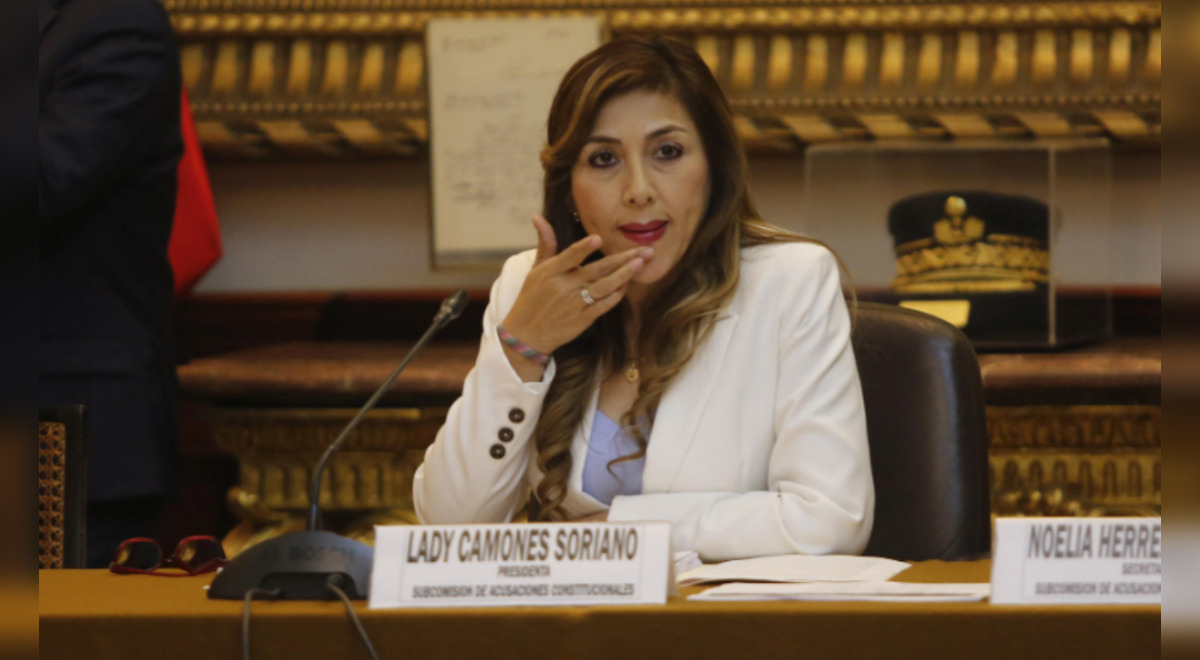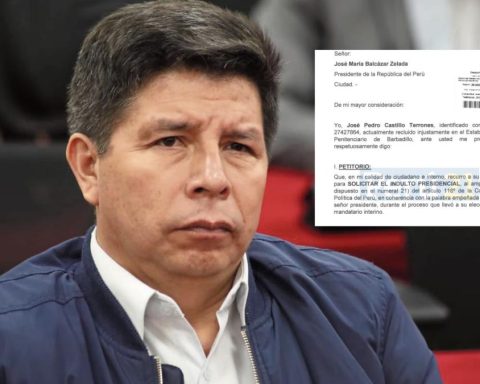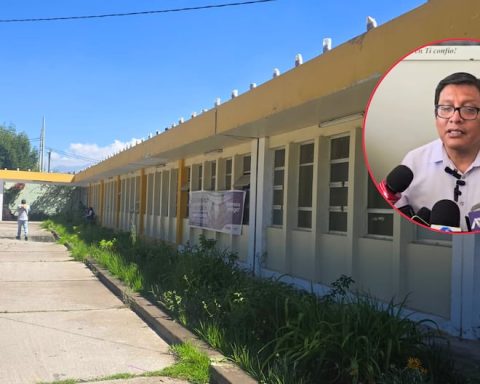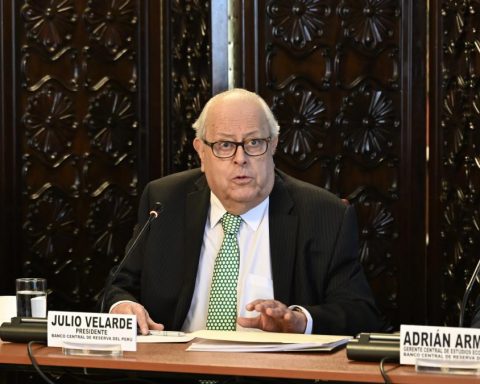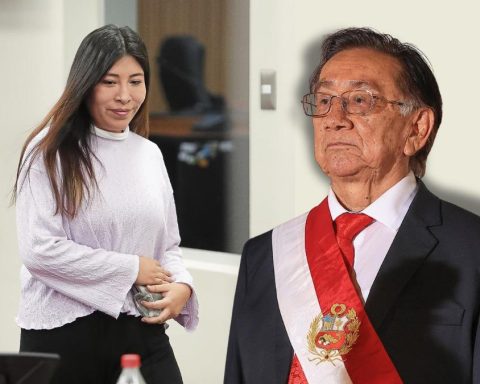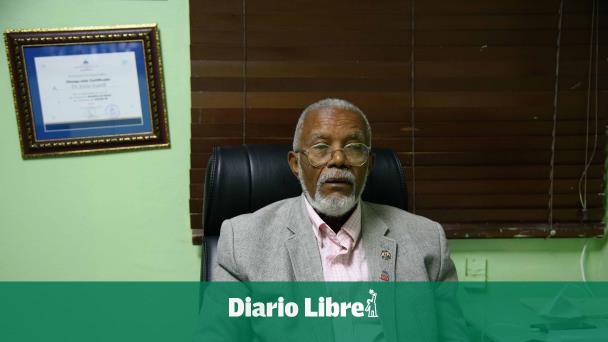As a result of an initiative promoted by congresswoman Lady Camonesthe Alliance for Progress (APP) bench has prepared a bill in which it proposes to carry out a constitutional reform to the current magna cartain order to prevent people who aspire to hold public or popularly elected office from not being able to participate if they had sentences for terrorism, corruption or rape.
What is this new opinion about?
In principle, we must remember that, according to article 139 paragraph 22 of the Constitution of Perupeople who are under the condition of “a penitentiary regime have as their objective the re-education, rehabilitation and reincorporation of the prisoner into society”, that is, they can once again have an active participation in politics or serve in positions of popular election as congressmen , president, mayors, among others.
For this reason, the former president of Congress, Lady Camones, seeks the approval of opinion 4121 in Parliament and thus modify article 139, establishing that “those sentenced for terrorism, embezzlement and corruption of officials, drug trafficking and rape, even if they have been rehabilitated, will not be able to access public office or popular election“.
Background in the 2022 Regional and Municipal Elections
On the other hand, Camones Soriano recalled that In the last elections held on October 7, around 18.4% and 9.8% of the elected provincial and district mayors had civil sentences. In turn, 10.7% and 5.2% had criminal sentences.
In the same way, Lady Camones makes reference in said bill that, “territorially, in 23 of the 25 departments there is at least one elected authority with civil sentences; she heads Ancash (23) and Lima (22). And with criminal sentences Ancash (17) and Cajamarca (12)”.
Finally, the congresswoman also highlights that in the National Agreement For the strengthening of the democratic regime and the Rule of Law, subparagraph d will clearly mention that it is the duty of the State “establish norms that sanction those who violate or collaborate in the violation of the constitutionality, fundamental rights and legality”.
